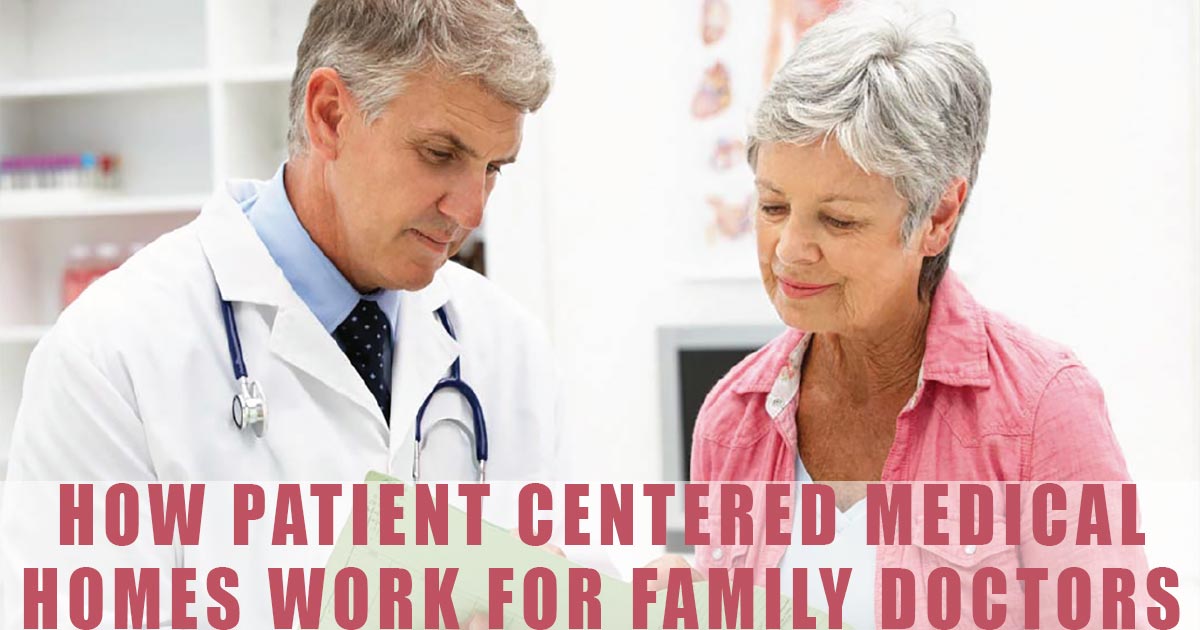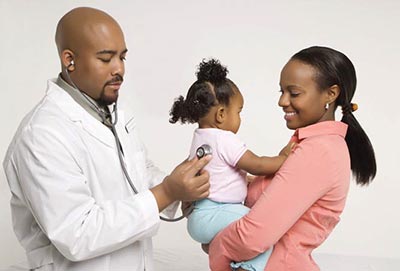
A good family doctor not only keeps his patients well — he keeps them well-organized. That means all their care is available when and where they need it. All their records are filed and kept up-to-date. Everything is presented in a way that makes sense to them, no matter their age, language or background.
Thoughtful coordination between a family doctor and his patients is the ultimate goal of the Patient Centered Medical Home, a model of care that more and more family practices are adopting. If a practice wants to obtain its PCMH* accreditation from the National Committee for Quality Assurance, it must restructure its administrative habits in a way that makes care better for the patient.

“It’s how the whole system is set up,” said Dr. Donald Hanna of Carolina Family Medicine in Goose Creek. “For example, when you set up a day’s schedule, you don’t fill it up completely. You have to set aside slots so that patients can call in if they need to be seen right away. A sick patient doesn’t call in to say ‘I’m sick. I need to see the doctor two weeks from now.'”
It’s establishing a system of small habits like this — habits that make sense. To be accredited by the NCQA, health care professionals must attend training where they learn best practices on record keeping, data sharing, patient communication and inter-hospital coordination. The NCQA has a step-by-step process that helps practices transform these habits into action. The process of transforming a practice can take several years, but the NCQA is there to make everything run smoothly and correctly.
And the process is thorough – the NCQA has recommendations for every imaginable aspect of care.
“For certain diseases, they want certain things done,” said Dr. Hanna. “They want us to make sure diabetics are getting their annual exam of their eyes, that they’re getting their kidneys checked, that their blood pressure is meeting their goals and that they’re on the right sort of medicines.”
These are things good doctors have been doing for decades. The NCQA merely provides incentives to do things that might seem so obvious that they’re sometimes overlooked. PCMH’s best practices encompass treatment and medication, but record keeping and good scheduling are given particular importance, since these are areas were a doctor might lose focus.
PCMH-designated practices are rewarded in various ways. They generally receive larger payments from insurance companies, and they get to list themselves as PCMH accredited. It’s a metric that new patients sometimes look for, although most people searching for a family doctor are unaware of PCMH and the NCQA. But that doesn’t mean they don’t feel its effects.
“They don’t necessarily know about it,” Dr. Hanna said. “But they see the things you’re doing and they know it’s helping.”
Striving for a NCQA designation simply makes your practice better, and it makes life for your patients better.
Dr. Hanna explained that his practice has benefited from following PCMH guidelines: “I think we have always given good medical care, but it has forced us to prove ourselves to others. And that has really helped.”
List of NCQA Recognized PCMH Practices
* The Patient Centered Medical Home (PCMH) is a care delivery model whereby patient treatment is coordinated through their primary care physician to ensure they receive the necessary care when and where they need it, in a manner they can understand.
Source: American College of Physicians






